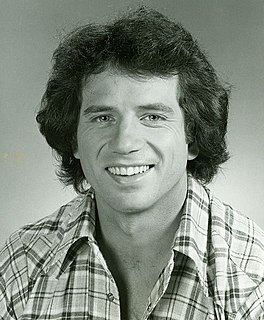A Quote by Tom Wopat
There's a guy at the record company who's 30, and he says, I would not listen to these songs except in this context. Somehow the recording process, the arrangements, make it more accessible.
Related Quotes
The thing is that I have a really intense, almost compulsive need to record. But it doesn't end there, because what I record is somehow transformed into a creative thing. There is a continuity. Recording is the beginning of a conceptual production. I am somehow collapsing the two - recording and producing - into a single event.
We never really set out to talk about California on the album ['California'], it was something that we noticed that was happening about three-quarters of the way through the recording process. We were looking at which songs we thought would make the record and we realised that there was this theme coming through. I think it's just a product of being in California for as long as I have.
When I listen to Airplanes record, it takes me back. I remember a lot of my thought processes when I was 20 or 21, writing those songs and recording that record. I wonder what I was thinking when I was trying to say a particular thing. I hear some of the weird little nuances in the recording; I can hear what the room sounded like. I remember what it smelled like. I can remember sitting up in guitarist Chris Walla's bedroom and for the first time in my life having this realization like, "Maybe I can do this. Maybe I can make music that in some capacity people will enjoy and come see me play."
That was an idea of the record company, and also that was my first album after MCA and we wanted to come back with a strong album that would be noticed. If we put the vocals by very talented people and very meaningful songs, then the vocals would be a platform so that I could be noticed again. All of the MCA albums were just loaded with problems -- you know, the right musicians, the engineers. The record company would say 'You have to make music for black radio, you can't do what you have been doing with The Crusaders.' Everybody was telling me that was over, finished, done.



































